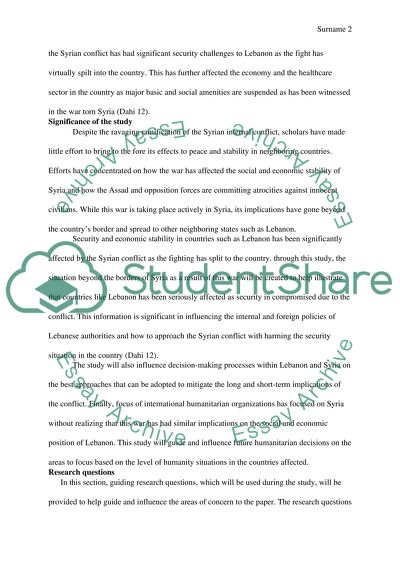Cite this document
(“The war in syria and its consequences on lebanon Research Paper - 1”, n.d.)
The war in syria and its consequences on lebanon Research Paper - 1. Retrieved from https://studentshare.org/social-science/1679341-the-war-in-syria-and-its-consequences-on-lebanon
The war in syria and its consequences on lebanon Research Paper - 1. Retrieved from https://studentshare.org/social-science/1679341-the-war-in-syria-and-its-consequences-on-lebanon
(The War in Syria and Its Consequences on Lebanon Research Paper - 1)
The War in Syria and Its Consequences on Lebanon Research Paper - 1. https://studentshare.org/social-science/1679341-the-war-in-syria-and-its-consequences-on-lebanon.
The War in Syria and Its Consequences on Lebanon Research Paper - 1. https://studentshare.org/social-science/1679341-the-war-in-syria-and-its-consequences-on-lebanon.
“The War in Syria and Its Consequences on Lebanon Research Paper - 1”, n.d. https://studentshare.org/social-science/1679341-the-war-in-syria-and-its-consequences-on-lebanon.


